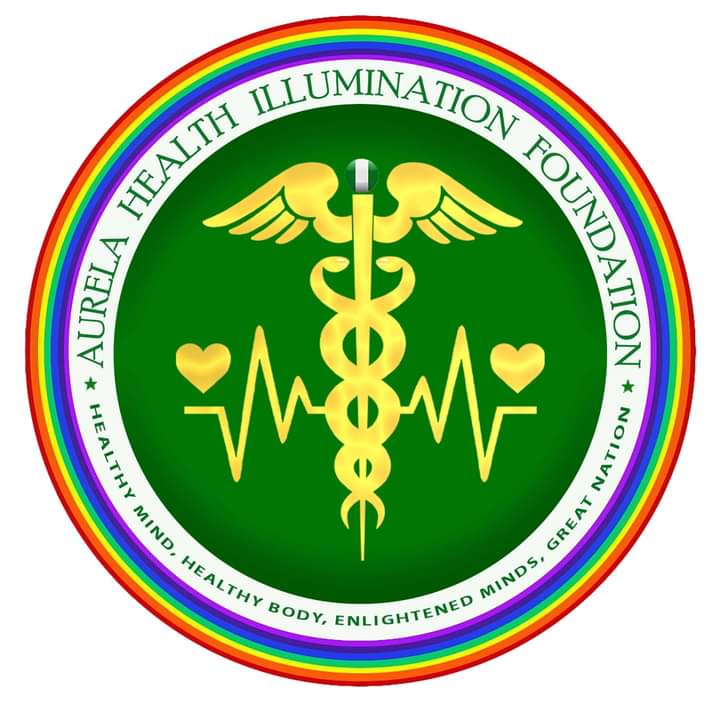“HIGH BLOOD PRESSURE SHOWS NO SYMPTOMS—UNTIL IT’S TOO LATE. THE SCARY TRUTH? YOU COULD BE AT RISK RIGHT NOW.
High blood pressure doesn’t get its nickname—“the silent killer”—for no reason. It creeps up without warning, showing no obvious symptoms until it suddenly triggers a heart attack, stroke, or irreversible damage.
The scary truth? You could have it right now and not even know.
But here’s the good news: you don’t have to be a victim. By understanding the risks and taking smart, proactive steps, you can outmaneuver this invisible threat before it strikes.
We spoke with a leading cardiologist to uncover the must-know facts and lifesaving strategies to keep your blood pressure in check—because when it comes to hypertension, ignorance isn’t bliss… it’s deadly.
1. Let’s Start With the Basics: What *Exactly* Is Blood Pressure?
Picture your arteries as a garden hose. Blood pressure is the force of water (your blood) pushing against the walls of that hose. Too much pressure? That hose is at risk of bursting—or silently wearing down over time.
“We measure two key moments,” explains Dr. Anthony Sampino, a Hartford HealthCare family medicine specialist:
– Top number (Systolic): Pressure when your heart squeezes (think “S” for squeeze).
– Bottom number (Diastolic): Pressure when your heart rests (think “D” for downtime**).
These numbers stack like a fraction (e.g., 120/80), but they’re *far* more than just digits—they’re a snapshot of your heart’s workload.
2. The Silent Threshold: When Is Blood Pressure Too High?
A “normal” reading hovers around 120/80 mmHg. But once your top number climbs past 130 or your bottom number edges above 80, you’ve entered the hypertension danger zone—and your arteries are under attack.
“Consistently high blood pressure is like running your car engine at redline,” warns Dr. Sampino. “Over time, it destroys your heart, brain, and kidneys—without a single symptom.”*
The kicker? You’d expect your body to scream warnings. But it doesn’t.
3. The Scariest Part? You Might Feel Fine—Until It’s Too Late.
Some people blame headaches or dizziness on high blood pressure, but science says those are just guesses. “Most patients have no idea until a routine check—or a crisis,” says Dr. Sampino.
Exception: A hypertensive emergency (180/120+). At this point, your organs are literally suffocating. Symptoms include:
– “Worst headache of your life (stroke warning)
– Chest pain (heart screaming for help)
– Blurry vision or confusion (brain damage)
This is a 911 situation. Don’t wait for it.
4. Your Best Defense? Stop Waiting for Symptoms.
-No history of high BP? Get checked yearly. (Yes, even if you’re “healthy.”)
– Already diagnosed? Monitor at home with an upper-arm cuff (the gold standard). Pro tip: Bring your device to your next appointment.
—”Some give false readings, cautions Dr. Sampino.
Bottom line: Hypertension is a stealth assassin. But you’ve got a weapon: knowledge + action
▶ Next step: Book that checkup. Today.* Your heart (and brain, and kidneys) will thank you.




No comment